Top Brands Embrace Sustainability in The Food Industry
Share
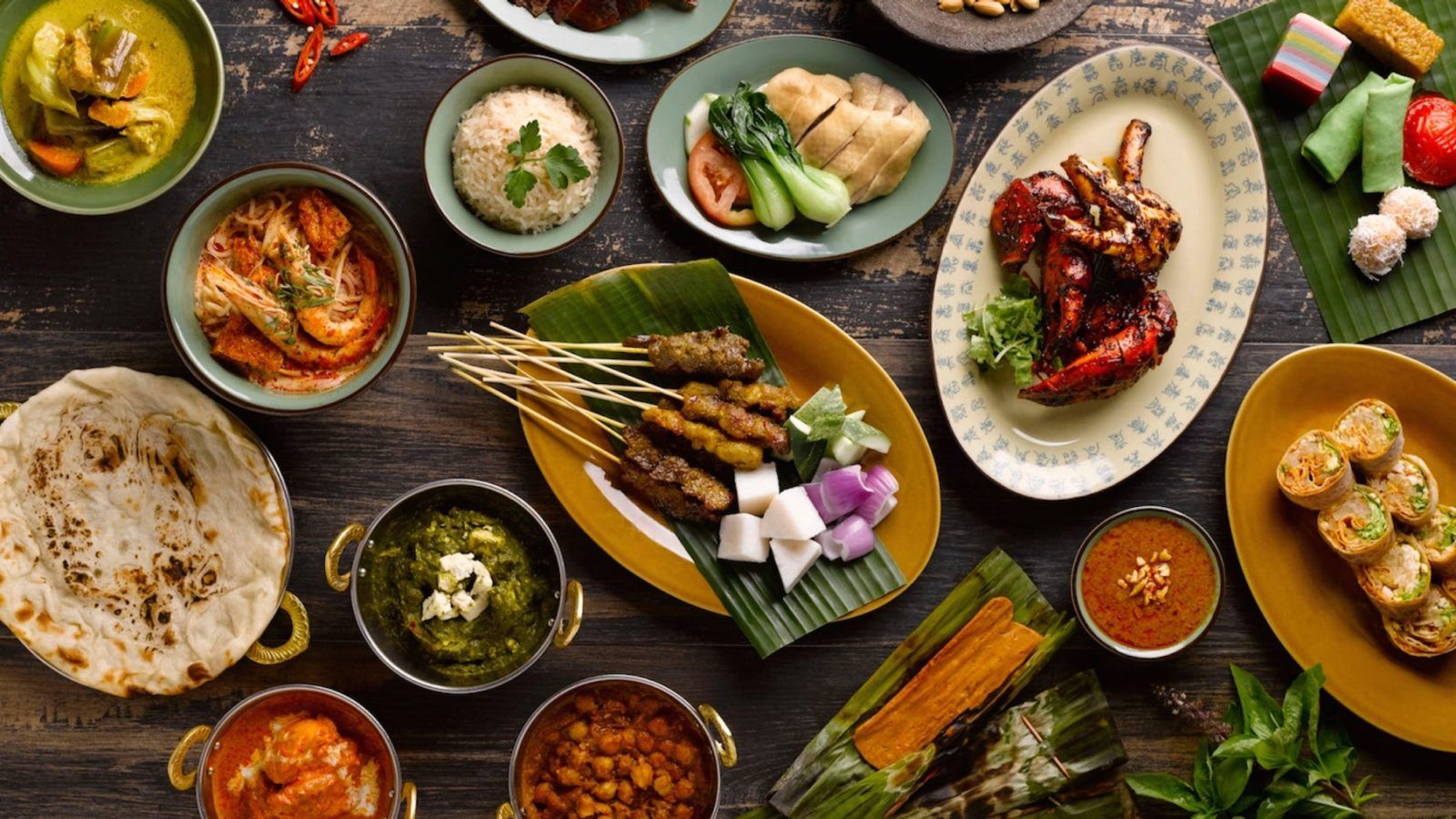
SINGAPORE, 16 APRIL 2024 – In the wake of increasing global concerns about the environmental impact of food production, several companies and organisations in Singapore are setting noteworthy examples in embracing sustainability practices. With a growing emphasis on ethical and environmentally friendly food production, these entities are reshaping the landscape of the food and health industry in the region.
Among the trailblazers in Singapore, several have been recognized for their commitment to business excellence. Notable names include Eu Yan Sang, FairPrice Group, Holistic Way, Kopitiam, Neo Garden, Sadia, SATS, Woh Hup all of which have been singled out by Influential Brands, based on a study conducted in Singapore in 2023.
Recognizing that sustainability efforts demand collaboration across all stages of the food process, from production to consumption, these companies exemplify the collaborative spirit necessary for a more sustainable and resilient food industry. Some of the insights gathered by a study conducted by Influential Brands on Sustainability in the Food Industry provide a comprehensive overview across different segments in the Food Ecosystem.
Food Ingredients
Sadia’s Frozen Food Packaging
Sadia and Woh Hup are exemplary brands that stand out for their unwavering commitment to sustainability in their respective fields. Sadia, celebrated for its commitment to responsible sourcing and ethical practices in poultry production, showcases a dedication to sustainability. In response to recent changes and ongoing efforts, Sadia highlights its focus on reducing sodium and saturated fat, diversifying its product portfolio, and investing in research and technological platforms, particularly in Brazil.
Aligning with its parent company BRF’s global commitment, Sadia emphasises a sustainability policy, transparent reporting, and engagement with stakeholders to create long-term value and positive impact. This unified approach by Sadia and BRF underscores their commitment to shaping a sustainable and responsible future in the food industry, addressing consumer preferences while minimising environmental impact.
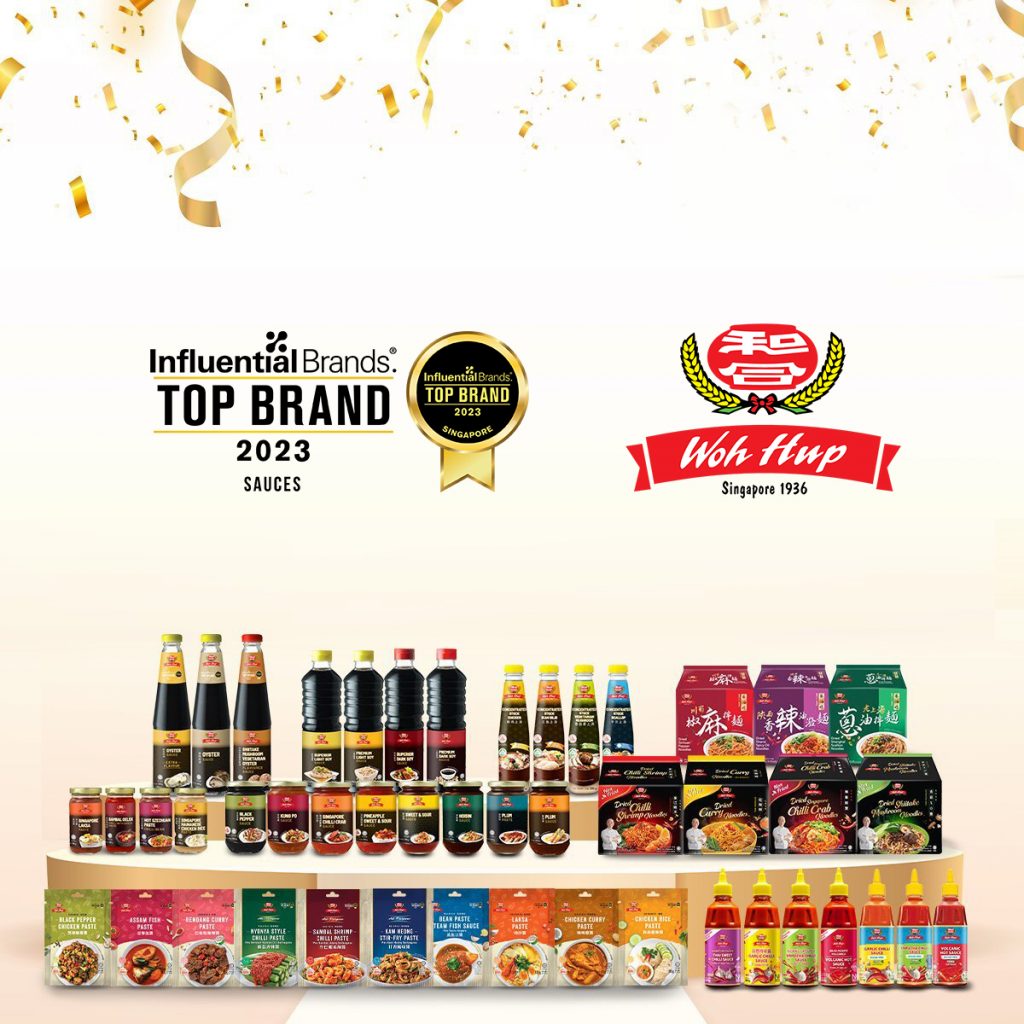
On the other hand, Woh Hup, a distinguished food manufacturing company, stands as a beacon of excellence in the realms of food safety, quality, and innovation. Adhering to the stringent Global Food Safety Initiative (GFSI) standard, the company meticulously navigates its New Product Development (NPD) process, ensuring each product meets regulatory, safety, and quality benchmarks. Automation integration enhances operational efficiency and consistency, while a recent brand revitalization, featuring vibrant packaging and strategic social media campaigns, reflects Woh Hup’s adaptability to dynamic market trends.
Noteworthy, the company has embarked on a transformative journey towards sustainability, offering a diverse range of healthier instant noodle options, recognized by the Health Promotion Board (HPB)’s Healthier Choice label. This paradigm shift underscores Woh Hup’s commitment to not only delivering a delightful culinary experience but also promoting healthier lifestyles and environmental responsibility in its industry.
Food Retailers (Grocery and Ready to Eat)
FPG’s commitment to sustainability shines through initiatives like ‘No Plastic Bag,’ saving over 57 million bags in 2022
FairPrice Group leads the retail sector in sustainability, focusing on eco-friendly packaging and promoting local and organic produce. In 2019, FPG introduced charges for disposable plastic bags, the first supermarket in Singapore to do so. Annual campaigns like Share-a-Textbook, and comprehensive food waste reduction programs with partners like The Food Bank Singapore highlight FPG’s dedication to promoting, sustainability, sharing, and circularity, and nourishing underprivileged individuals and families. The company actively reduces its ecological footprint, setting an example for responsible retail.
In addition to its pioneering initiatives in sustainable practices, FairPrice Group continues to innovate and collaborate within the community to further its environmental and social impact. Partnering with local farmers and suppliers, FPG sources a significant portion of its products locally, reducing carbon emissions associated with transportation and supporting regional economies.
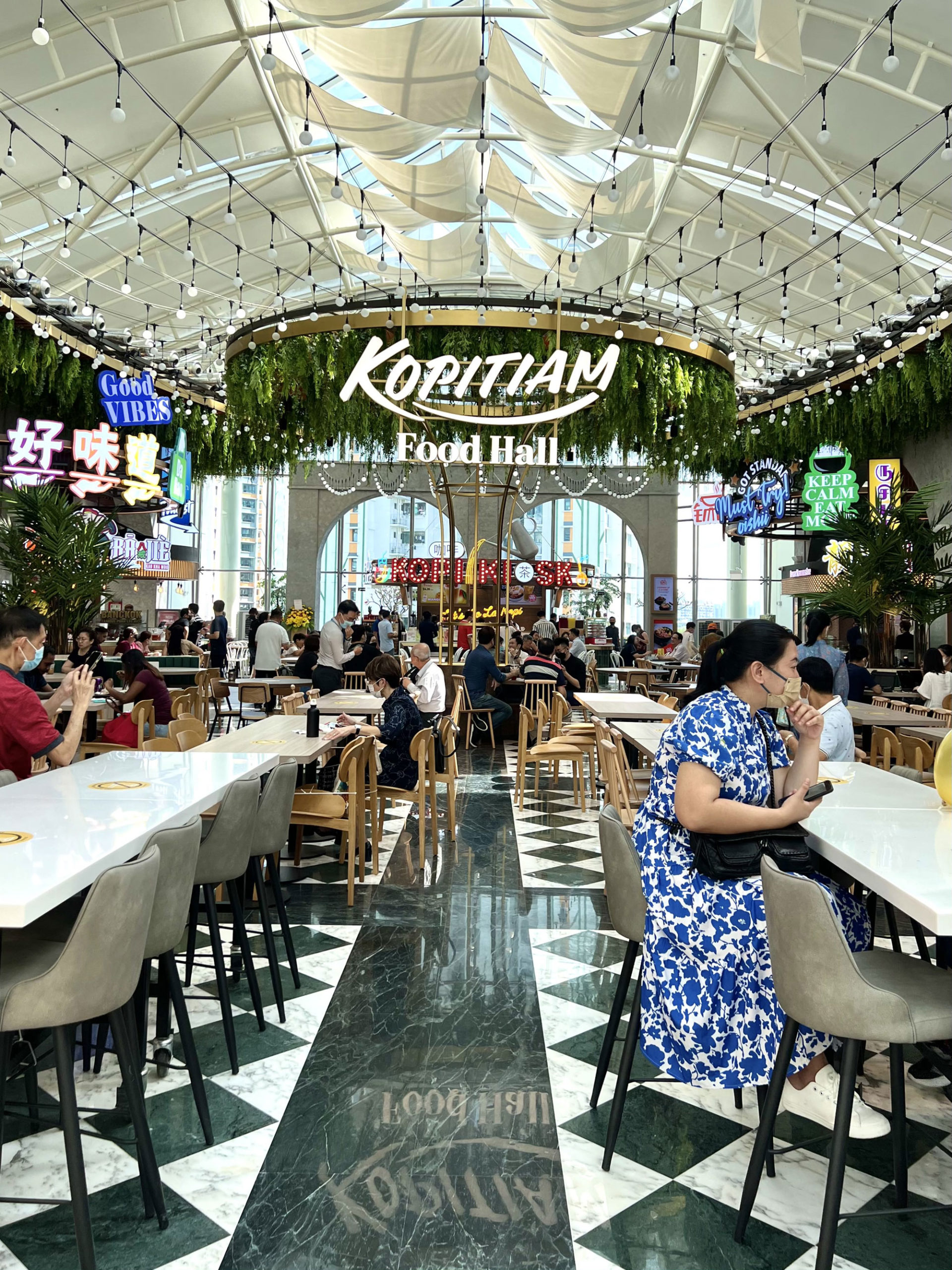
Since its inception in 1988, Kopitiam has been dedicated to democratizing the rich tapestry of Singaporean flavors by offering iconic local dishes at affordable prices. This commitment was further strengthened by NTUC Enterprise’s acquisition in 2018, which aimed to provide accessible cooked food in hygienic environments.
Today, this consolidated entity proudly serves over 2 million customers annually, delivering upwards of 100 million meals through a sprawling network of over 100 outlets islandwide. In tandem with its commitment to accessibility and culinary excellence, the FairPrice Group’s Food Services unit places a strong emphasis on sustainability, implementing eco-friendly practices throughout its operations.
Initiatives such as promoting reusable utensils and packaging, sourcing locally-produced ingredients to reduce carbon emissions from transportation, and implementing waste-reduction strategies underscore its dedication to sustainable practices, contributing to the long-term health and vibrancy of Singapore’s ecosystem.

Neo Garden, a pioneering force in the catering industry, showcases a commitment to innovation and sustainability. The company’s recent efforts include the integration of state-of-the-art machinery, exemplified by the Robotic Main Course Machine, automating cooking processes to ensure consistent, high-quality dishes while reducing manual tasks. In response to sustainability inquiries, Neo Garden emphasises its internal supply chain, with nearly 90% of ingredients manufactured locally, minimising the carbon footprint associated with transportation.
The establishment of a sustainability taskforce in 2023 underscores their dedication to a more sustainable future, focusing on reducing food waste through meticulous inventory management and efficient menu planning. Neo Garden’s exploration of eco-friendly packaging and the active introduction of plant-based options highlight its ongoing commitment to making healthier food consumption both accessible and environmentally responsible.

SATS, an air cargo champion, hub handler of the future and the leading Asian aviation food solutions provider delivering quality at scale. In the food business, SATS leverages its heritage of culinary expertise, high food safety standards, and proven food technologies to produce food solutions on a large-scale basis. SATS provides inflight catering to world-class airlines and caters for government, commercial institutions, and major supermarkets, from raw protein to processed branded products and more.
In addition, the SATS Global Innovation Hub, the centre of excellence in innovation, delivers insights and expertise in sustainable food packaging through a design thinking and sustainability-focused approach. To increase productivity and improve services, SATS drives innovation through our culinary research and development (R&D) expertise, and accelerates the implementation of technology in their kitchens. SATS incorporates sustainability considerations into vendor selection and encourages suppliers to adopt Environmental, Social, and Governance (ESG) principles.
Collaborating with Global Compact Network Singapore (GCNS) and Enterprise Singapore, SATS educates and supports strategic food suppliers on sustainability. Efforts also extend to strengthening the nation’s food security and showcasing locally sourced ingredients in ready-to-eat meals. Other ongoing efforts in sustainability in their food business include their ambitions to halve their food waste intensity in our Singapore operations, as well as to introduce 100% sustainable food packaging by 2030.
Food Supplements

Holistic Way, a leader in promoting health and sustainability, details its recent changes and ongoing efforts in response to consumer needs and environmental consciousness. The company invests significantly in research and development to enhance the efficacy and safety of its products, incorporating innovative technologies to improve the overall customer experience.
Holistic Way also prioritises changes in branding, updating product packaging and marketing strategies to resonate better with consumers while ensuring transparency through clear labelling. In terms of sustainability initiatives, the company emphasises ongoing in-house research and development efforts to create more sustainable supplements, including exploring plant-based ingredients and eco-friendly packaging solutions.
The recent launch of products in recyclable carton boxes underscores Holistic Way’s commitment to a clean environment and its dedication to changing the way people consume healthier food through eco-conscious practices.
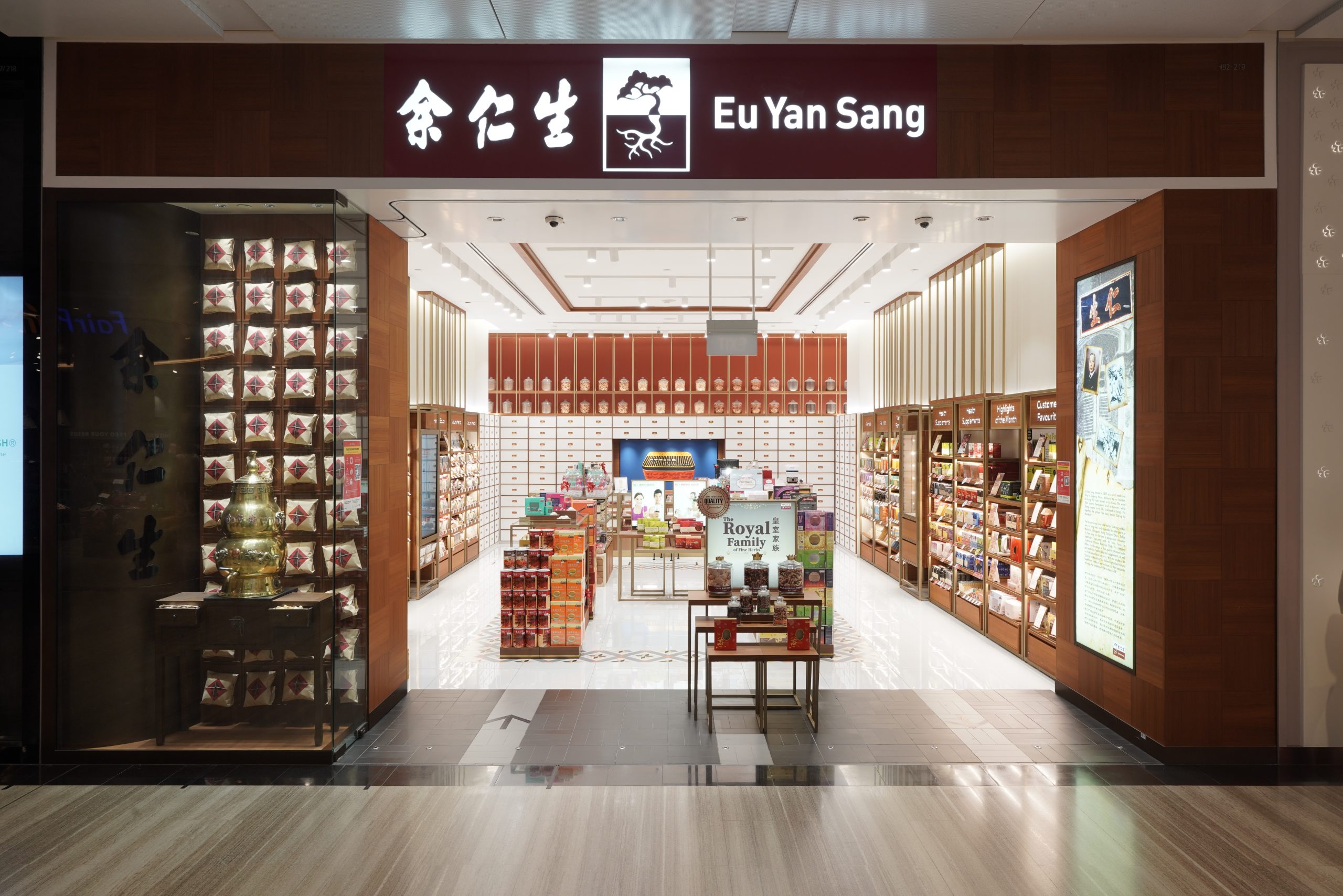
Eu Yan Sang, a prominent name in traditional Chinese medicine since 1879, has become a leader in sustainability, blending heritage with modern environmental consciousness. It prioritizes sustainable herb sourcing, ensuring practices align with biodiversity, ecosystems, and community livelihoods.
With strict adherence to quality standards, it promotes authenticity and purity in its products while advocating responsible sourcing. Beyond operations, the company engages in environmental initiatives, optimizing packaging, reducing energy consumption, and fostering community engagement for sustainability awareness. Through corporate social responsibility, Eu Yan Sang seamlessly integrates sustainability into its mission, setting an example for the health and wellness industry.
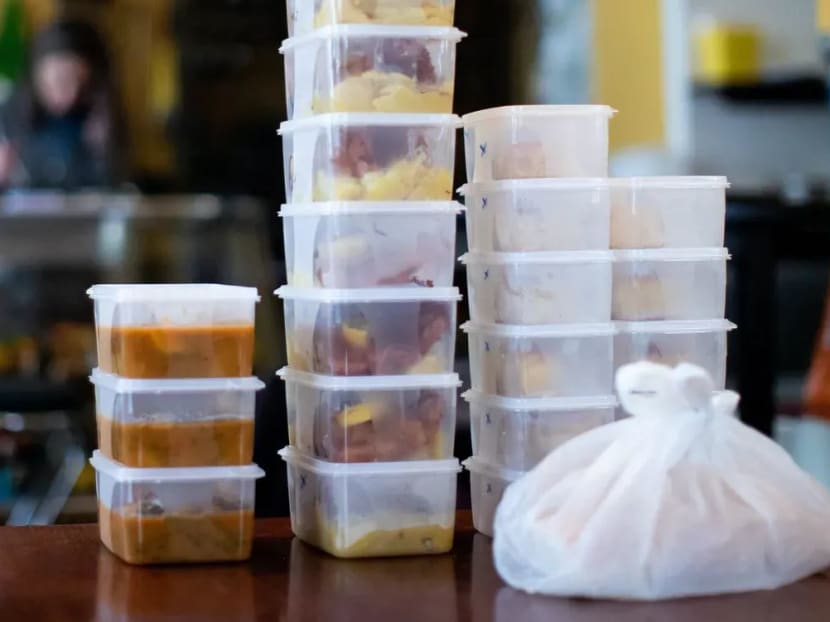
Julie Kurtz, Research Analyst at IFPRI, highlights the urgent global plastic crisis threatening food security. Food industry’s 23% contribution to $75B annual environmental damage underscores the severity. Only 9% of plastic waste is recycled, with single-use plastics dominating. Marine ecosystems suffer from plastic infiltration, impacting food chains.
Livestock ingestion poses health risks. Communities near plastic facilities face health issues. Over 127 countries implement regulations, but comprehensive solutions like bans and circular-economy policies are crucial. IFPRI’s Sustainability Task Force leads efforts to reduce plastic use, emphasizing the link between plastic pollution and hunger.
As these companies continue to lead the charge in sustainable practices, they not only contribute to the well-being of our planet but also inspire others to follow suit. The commitment of these entities to the principles of sustainability reflects a positive shift towards a greener and more responsible future for the food and health industry in Singapore and Southeast Asia.
The interconnected nature of sustainability and food underscores the imperative to harmonise agricultural practices with environmental preservation and societal well-being for a resilient and nourished world. Their dedication to making a difference sets a high standard for the entire industry, marking a transformative journey towards a more sustainable and ethical approach to food production and consumption.
Influential Brands® is a think-tank, research and business recognition platform to celebrate “Champion of Excellence”. For more information visit their website www.influentialbrands.com or Facebook page.















